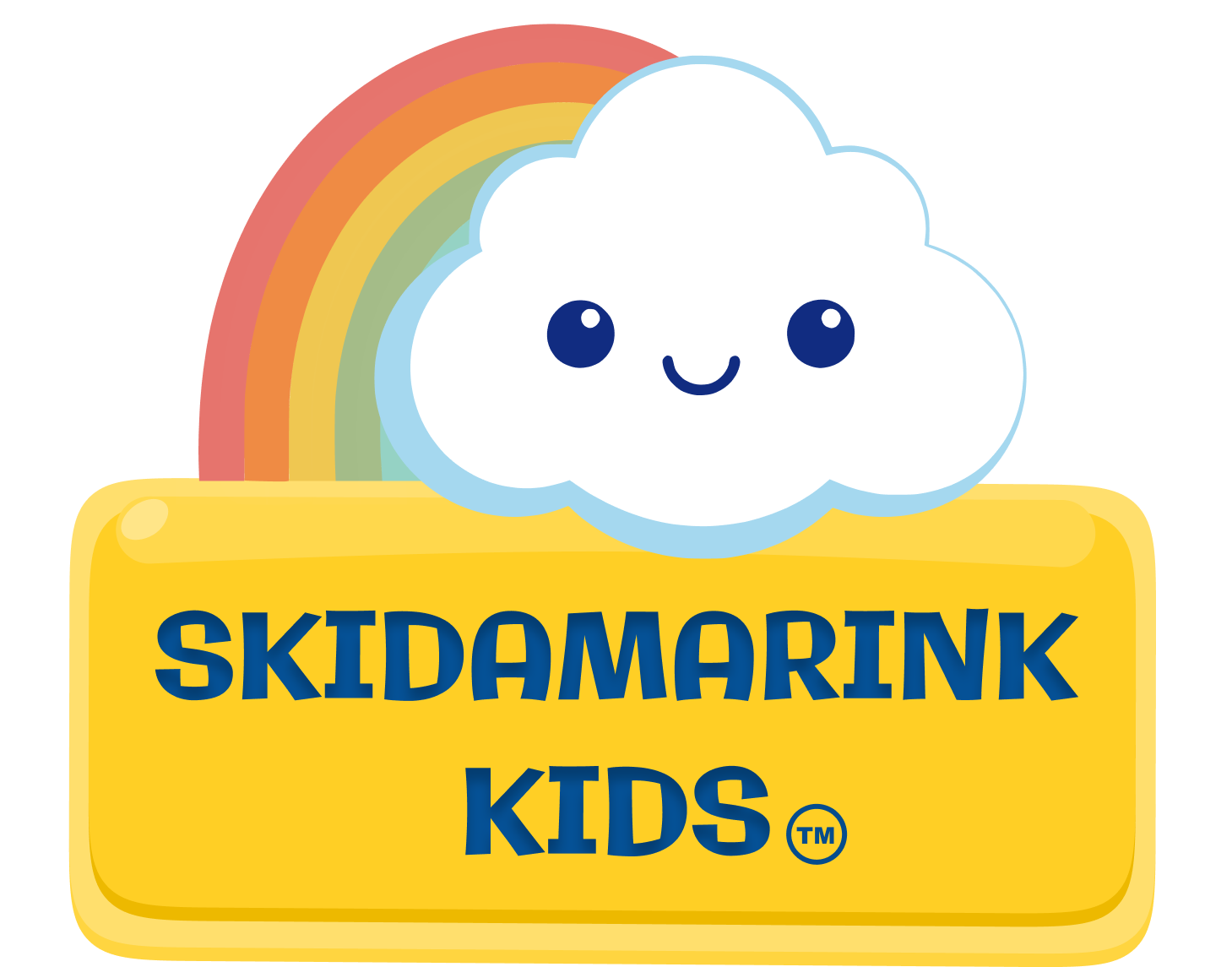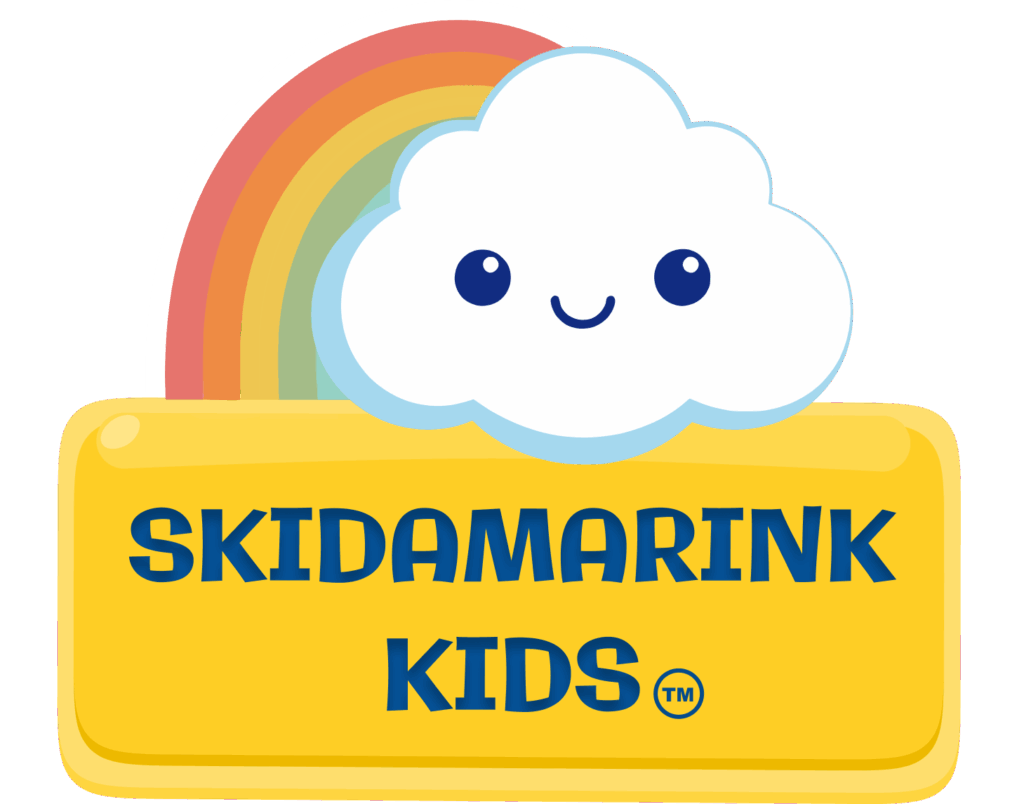Dear New Parents: You're Doing Amazing
Welcoming a new baby brings overwhelming joy alongside significant challenges. These newborn care tips for parents are designed to help you navigate the first precious weeks with confidence and grace. The fourth trimester (your baby’s first three months of life) is a period of tremendous adjustment for everyone, and having realistic expectations about your baby’s development can make this time more manageable.
Congratulations on your baby’s arrival! This is such a precious time in your life. Please know that you’re doing wonderfully, and every day that you care for your little one is an accomplishment worth celebrating.
Week-by-Week Newborn Development Guide
Understanding what to expect during these early weeks can help you feel more prepared as you adjust to life with your newborn. Here are the most important newborn care tips for parents, broken down by week.
Weeks 1-2: The Beginning of Your Journey
Right now, your baby’s main activities are feeding, sleeping, and requiring diaper changes. Their vision is limited to about 8 to 12 inches, just enough to see your face during feedings. Any smiles at this stage are reflexive, though still precious to witness.
Essential newborn care tips for parents during first 2 weeks:
- Expect your baby to sleep 16 to 17 hours per day in short stretches
- Newborns typically feed 8 to 12 times in 24 hours
- Track wet and dirty diapers to ensure adequate feeding
- Focus on skin-to-skin contact to promote bonding
- Remember that crying is your baby’s primary form of communication

Weeks 3-4: Small Changes Begin
You may notice slightly longer awake periods and potentially longer sleep stretches. Their neck strength is gradually improving, though head support is still needed. The startle reflex is quite active now, so don’t be concerned when their arms suddenly extend outward.

Important newborn care tips for parents at this stage:
- Begin to look for early hunger cues (rooting, putting hands to mouth)
- Try short tummy time sessions (1 to 5 minutes) while baby is awake
- Continue supporting your baby’s head and neck during handling
- Establish a simple, flexible routine for feeding and sleep
- Celebrate small wins, like slightly longer sleep stretches
Weeks 5-6: Social Connections Emerge
This is when social smiles typically begin, genuine responses to your face and voice. These special moments often appear when you need them most! Their cooing sounds may start now too, marking the beginning of your lifelong conversations together.
Newborn care tips for parents during this exciting phase:
- Respond to your baby’s coos with gentle conversation
- Use high-contrast images or toys during awake periods
- Continue regular tummy time to build neck strength
- Begin to notice patterns in your baby’s sleep and feeding
- Take photos to capture these fleeting early expressions

Weeks 7-8: Increasing Awareness
Your baby may discover their hands exist, which is an important developmental milestone. They’ll become more alert and engaged with their surroundings, tracking objects with their eyes and possibly attempting to reach for things. Their unique personality will become more apparent during this time.

Helpful newborn care tips for parents as awareness grows:
- Place colorful objects within your baby’s line of sight
- Talk about your daily activities to promote language development
- Notice your baby’s preferred self-soothing techniques
- Continue responding promptly to cries to build trust
- Look for signs that your baby is beginning to develop a routine
Self-Care During the First Weeks With Newborn
One of the most crucial newborn care tips for parents is remembering that caring for yourself is essential. Here are some gentle reminders that can make a real difference.
Take rest whenever possible. Consider trading sleep shifts with your partner if you can. Sleep deprivation is real, and rest helps you be the best parent you can be.
Be gentle with yourself about household tasks. Basic self-care is an achievement during this time. The dishes can wait.
Accept help with meals. Nourishing yourself is important but can be challenging with a newborn. Let others support you.
Keep entertainment simple. Newborns don’t need elaborate activities. Simple interaction is perfect at this stage.
Trust your parental instincts. You’re developing a deep understanding of your baby’s needs, and these instincts are valuable.
Take time for mindful gratitude. Consider taking moments to focus on how your baby is a precious gift. If you have faith, remembering that with God all things are possible can bring peace during challenging moments. This type of mindfulness helps shift your body from stress into a state of rest, which naturally decreases anxiety. When you’re relaxed and at peace, your baby often mirrors that calm energy, creating a more peaceful environment for both of you. For nursing mothers, this relaxed state also supports your body’s ability to focus on providing nourishment for your little one.
Check out our blog Surviving First Weeks With A Newborn: Real Parent Survival for an honest guide to surviving the first weeks with a newborn. Real talk about sleep, feeding, visitors and staying sane during those challenging early days.
Support Team Guidelines
One of the most helpful newborn care tips for parents is establishing clear expectations for visitors and helpers. Share this list with friends and family who offer assistance.
What helps new parents most:
- Prepare a nourishing meal that can be easily reheated or frozen
- Message before visiting and suggest a specific, limited time frame
- Take initiative with household tasks without asking: tidying up, folding laundry, or helping with pets
- Offer to care for the baby while the new parent rests, showers, or takes a moment for themselves
- Listen supportively without offering unsolicited advice
Creating Your Newborn Care Village
The saying “it takes a village” exists for good reason. Consider creating a support system that works for your family.
Digital Support: Apps like MealTrain can help coordinate meals and visits from friends and family.
Professional Resources: Lactation consultants, postpartum doulas, and night nurses can provide specialized support when you need it most.
Virtual Check-ins: Set up regular video calls with supportive friends and family members who understand what you’re going through.
Parent Groups: Online or in-person groups can provide community and understanding from others in similar situations.
Mental Health Support: Know the signs of postpartum mood disorders and have resources ready. This is part of good self-care.
Trusting Your Journey
These early weeks are intense but fleeting. The challenges you face now will gradually ease as you and your baby establish your rhythm together. Implementing these newborn care tips for parents can help smooth the transition, but remember that perfect parenting doesn’t exist. Your love and attention are what your baby needs most.
The most important thing to remember among all these newborn care tips for parents is this: you’re doing beautifully. Every day you show up for your baby, every feeding you provide, every diaper you change, every moment of comfort you offer is building a foundation of love and security that will last a lifetime.
Take it one day at a time, be gentle with yourself, and remember that becoming a parent is one of life’s biggest adjustments. You don’t have to have it all figured out right away. These guidelines are here to support you, but your instincts and love are the most powerful tools you have.
Want more support during this journey? Check out our guide on How to Build Secure Attachment With Your Baby (Birth – 36 months) for insights on strengthening your bond from day one, or explore How to Read Baby Cues: What Your Baby Is Telling You learn how to decode hunger, tiredness, and emotional signals for stronger bonds.
– Ali
P.S. Remember that each baby develops at their own pace. These guidelines are general patterns, but your baby may follow their own unique timeline. Trust your instincts and reach out to your pediatrician with any concerns about your baby’s development or your own wellbeing during this transition to parenthood.
Note to Parents
This blog is for informational purposes and not medical advice. My desire is to help you do what you can to support your child’s development in a natural way. Please reach out to your child’s pediatrician if you have developmental concerns.








